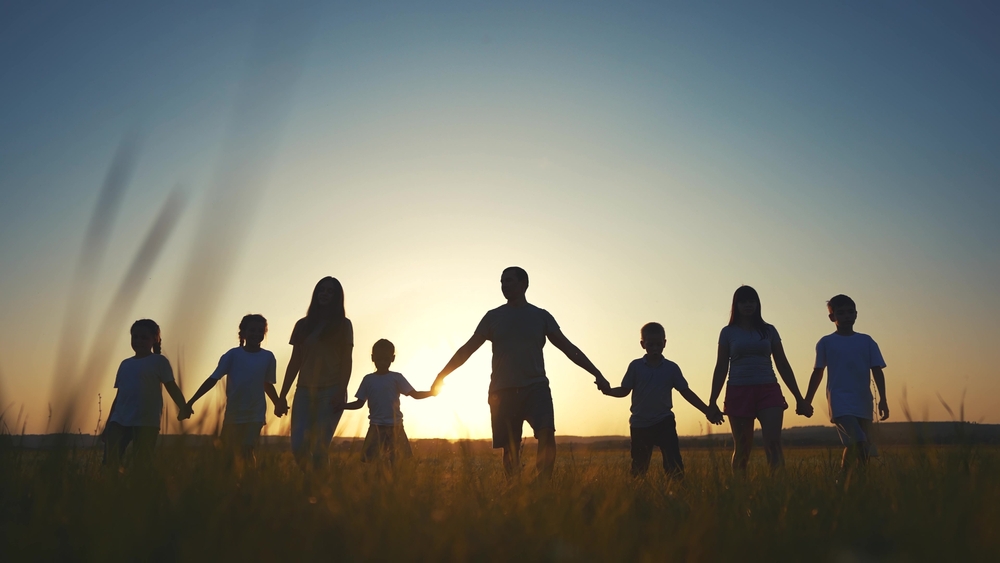Commentary March 5, 2024
The Societal Cost of the Marriage Decline

Institute for Family Studies
Marriage rates are plummeting. More young people are delaying or avoiding dating altogether. Pew Research recently found that 1 in 4 40-year-old American adults have never been married. Parenthood is viewed with much greater apprehension among young people than it once was.
Young women express growing reservations about starting families, and many believe marriage benefits them less than it does men. One Pew study found that less than half (45 percent) of young women (age 18 to 34) without children say they still want to have kids at some point in the future. Among young men, nearly 6 in 10 (57%) report that they want to be fathers.
These facts induce heartburn among conservatives but elicit little more than a shrug from many liberals. Sixty percent of conservatives believe the decline of marriage represents a negative development for American society, a view shared by only 17% percent of liberals. Roughly as many liberals believe that fewer people getting married is a “good thing” for American society.
A 2019 Pew survey found a similar ideological divide in views about marriage. More than three-quarters (76%) of conservatives believe that “society is better off if couples who want to stay together long-term eventually get married.” Only 31% of liberals affirm this view. Most say “society is just as well off” if these couples decide not to marry.
But it does matter. Marriage is positively associated with greater community involvement across a range of different activities.
Continue Reading at the Institute for Family Studies







